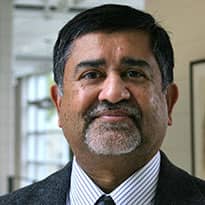The "Willie Horton" ad is now used in classrooms across the country as a "classic" example of how a presidential campaign could use an issue to create hate, fear, and divisiveness. George H. W. Bush won, despite this lowbrow ad campaign, in which he claimed that because of a Massachusetts prison furlough program supported by Governor Dukakis, Willie Horton had been let loose "to terrorize innocent people." Lee Atwater, one of the "attack dogs" of the Republican Party, responsible for the ad campaign, was made Republican Party Chairman after Bush won. But in some instances, life has a strange way of teaching lessons: Atwater died at age 40 because of brain cancer, and recanted on his death bed the lack of ethics and morality in politics: "My illness helped me to see that what was missing in society is what was missing in me: a little heart, a lot of brotherhood. The '80s were about acquiring—acquiring wealth, power, prestige. I know. I acquired more wealth, power, and prestige than most. But you can acquire all you want and still feel empty. What power wouldn't I trade for a little more time with my family?"
Alas, for many Republicans, Atwater's deathbed realization was an aberration.
"May God bless the United States of America," every politician signs off at the end of a speech. Truly, and may God save it from the ignorant ones!





